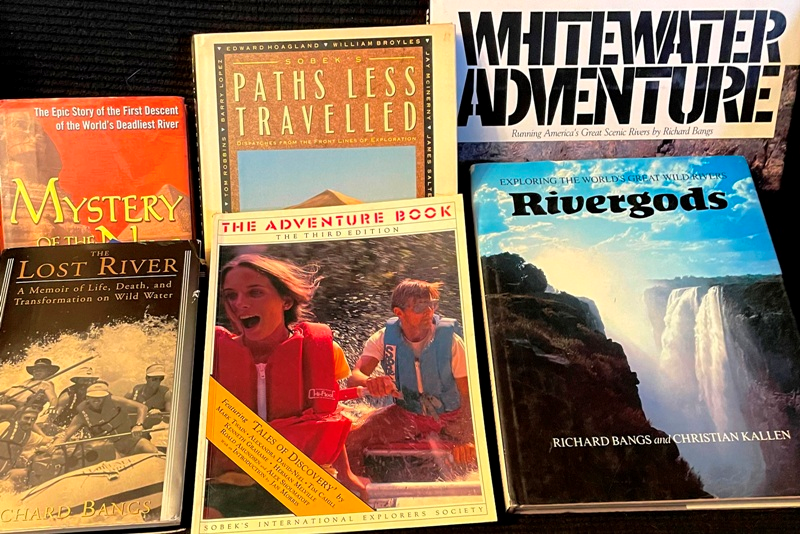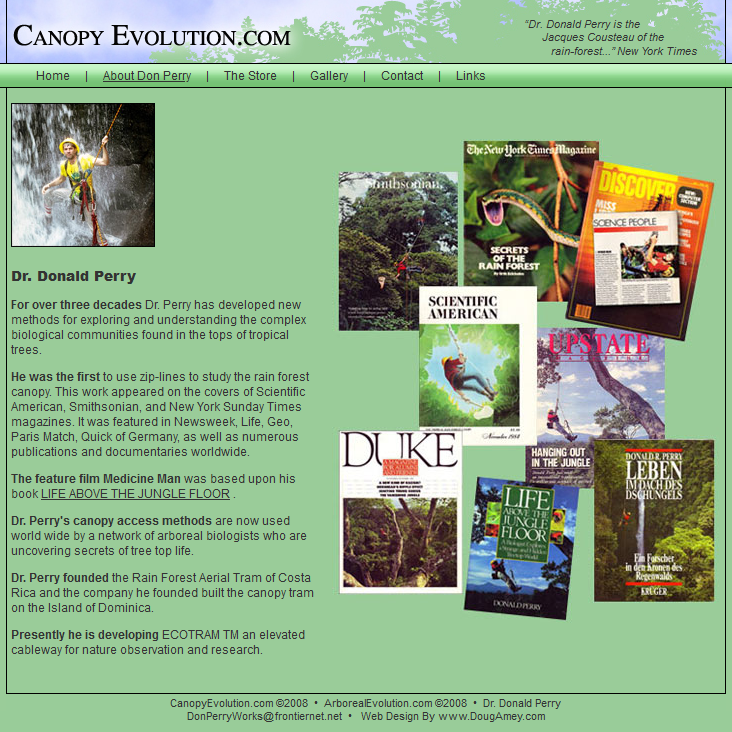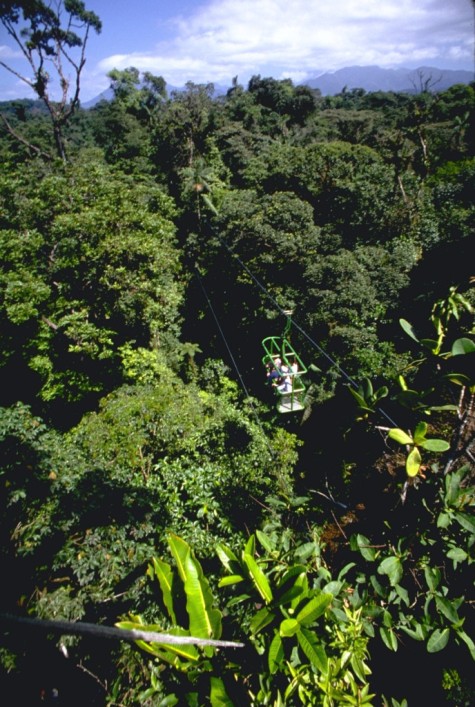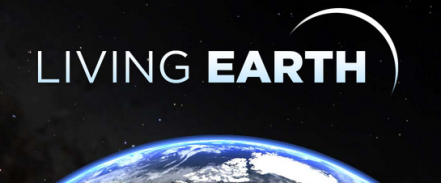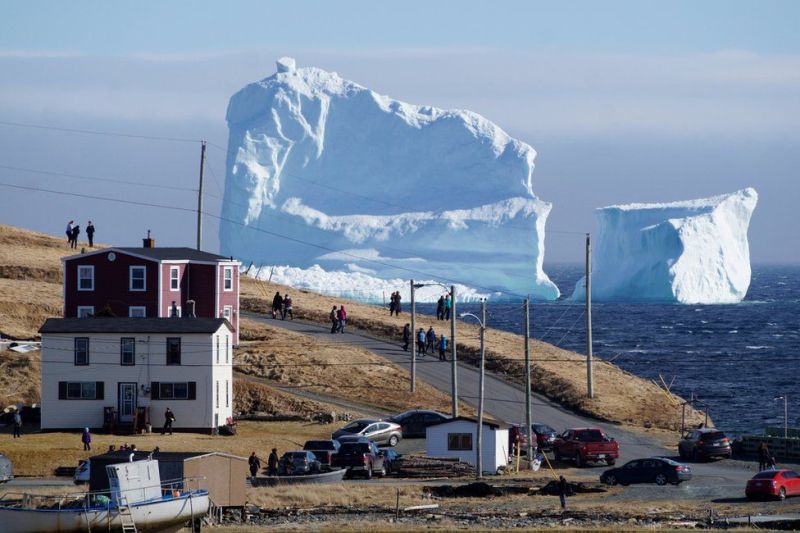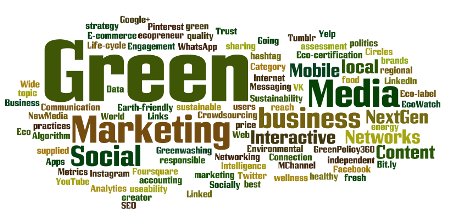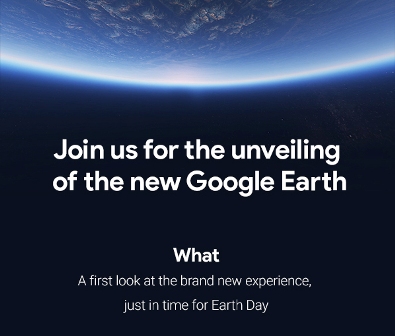Ecotourism
Intro: A few thoughts on Ecotourism, in the early days:
Back in the day, when your GreenPolicy360 Siterunner had left NYC publishing for Hollywood producing, one of the films that our company put together was with LaVar Burton. He had just come from the 1977 "Roots" Miniseries, the out-of-Africa story of Kunte Kinte, as played by LaVar.
Later LaVar became involved in a back-to-Africa as he joined up with friends of mine, a recently formed eco-adventuring company that took the name of SOBEK. LaVar tells a great story about almost getting eaten by a croc in Africa, on the Zambezi, as the SOBEK attempted a first-ever river run of the river below Victoria Falls.
LaVar's story is true, I think, though that was many years and since then much water has flowed down one of the world's greatest rivers. And then there's the whole eco and tourism thing that has gone from an idea to a generational phenomenon.
Take SOBEK and its OARS. Richard may have 700 stamps in his passport by now...
Richard was a friend from back then, who I helped with the publishing launch of his ecotourism whitewater adventure company. He had invited LaVar along to the first whitewater descent of the Zambezi River, bad, never before oared rapids below the Victoria Falls and, until he almost got eaten, LaVar was along for the ride.
"Until" is the key word. It seems that not far from "putting in" and beginning the adventure with the team of explorers and assistants, who were along for safety, that the kayak of LaVar experienced an encounter. As told, a very large snout with very large teeth, came out of the water suddenly and puts it teeth through a kayak next to LaVar. He rapidly paddled to shore, he proceeded to call in a helicopter from shore, and soon was swept into the sky.
The whitewater team wished his a good-bye, then proceeded to complete their journey down the Zambezi, without losing anyone or having anyone eaten.
There's a sequel, a south of the Zambezi sequel. It's an "Eco" sequel.
It is about old, old, old Africa and even though the story involves colonial explorers looking for lost tribes (as I read about back in those days of Bangs and his many rivers run throughout the world, and the new ecotourism adventuring we were doing, in different spheres, pushing into new visions of geo-adventures and experiences. With me there was also the rainforest canopy and Don Perry, a National Geo hero, a 'Jacques Cousteau of the Richest Biosphere' on Earth, adventuring into never-before explored upclose 'real jungle'. Don, as a PhD scientist from UCLA, was also inventing a canopy web, engineering it, testing it, then over years and decades introducing it for eco-visioning. Don has brought people from around the world into the tops of the jungle, the rainforest, the living earth.
The idea was to introduce the modern world to the old world. A goal of ours, as pioneers was to save the old world by showing the modern world how valuable the old world was, by experiencing it, up close and personal. Our Living Earth had to be preserved and protected. Eco-experiences, eco-adventuring, eco-tourism (ecotoursim) brought new ways of seeing, opening eyes to appreciating and wanting to save the world.
🌎
https://upload.wikimedia.org/wikipedia/commons/8/85/Isla_del_Coco-chatham_beach.jpg
Consider traveling to 'Environmentally-friendly' countries for your next vacation or adventure
Among the many definitions of "ecotourism / eco-tourism" are the more 'strict' definitions (see Wikipedia definition below) and more 'loosely labeled' definitions of what constitutes ecologically aware tourism. Ecotouring now includes ocean cruises in the Arctic and Antarctic to witness climate change, group adventure expeditions to remote fast-changing regions, and individually planned trips north and south to the mountains and coasts to see recent environmental changes (see above example in Newfoundland, Canada).
In the near future, 'virtual ecotourism' will enter the lexicon, as virtual reality capabilities added to programs like Google Earth enable 3D / immersive touring via headsets and data libraries gathered from locations as diverse as the biospheres within rainforest canopies, ocean kelp forests and seascapes of seagrass, 'tiny blue-green' environments producing essential oxygen for the planet, to astronaut perspectives who speak of an "Overview Effect" as they take in the overwhelming cognitive experience of floating above the Earth.
○
According to the definition and principles of ecotourism established by The International Ecotourism Society (TIES) in 1990, ecotourism is "Responsible travel to natural areas that conserves the environment and improves the well-being of local people." (TIES, 1990). Martha Honey, expands on the TIES definition by describing the seven characteristics of ecotourism, which are:
- Involves travel to natural destinations
- Minimizes impact
- Builds environmental awareness
- Provides direct financial benefits for conservation
- Provides financial benefits and empowerment for local people
- Respects local culture
- Supports human rights and democratic movements such as:
- conservation of biological diversity and cultural diversity through ecosystem protection
- promotion of sustainable use of biodiversity, by providing jobs to local populations
- sharing of all socio-economic benefits with local communities and indigenous peoples by having their informed consent and participation in the management of *ecotourism enterprises
- tourism to unspoiled natural resources, with minimal impact on the environment being a primary concern.
- minimization of tourism's own environmental impact
- affordability and lack of waste in the form of luxury
- local culture, flora and fauna being the main attractions
- local people benefit from this form of tourism economically
○ ○ ○ ○ ○ ○ ○ ○ ○ ○ ○ ○ ○ ○ ○ ○ ○ ○ ○ ○ ○ ○ ○ ○
SJS: The Costa Rica rainforest canopy web project of Don Perry beginning in the 1980's was one of the first planned ecotourism projects.
One of the key goals was to open up to 'the world' a direct experience of the rainforest canopy, which previously was inaccessible in its unrivaled biodiversity and beauty.
In this way we believed visitors' awareness would more fully carry on with them in their home communities and policies and funding would begin to preserve the unique and critically important flora and fauna comprising one of the richest biospheres on Earth.
○
- | Earth Observations http://www.greenpolicy360.net/w/Category:Earth_Observations
- | Earth Science from Space http://www.greenpolicy360.net/w/Earth_Science_Research_from_Space
- | Earth Mapping-GIS http://www.greenpolicy360.net/w/Virtual_Earth
- | Blue Marble Collection http://www.greenpolicy360.net/w/Blue_Marble_Collection
- | "Earthrise" http://www.greenpolicy360.net/w/File:Apollo.jpg
- | Overview Effect http://www.greenpolicy360.net/w/Overview_Effect
- | EarthPOV.com http://www.earthpov.com
- | Hello Earth http://www.greenpolicy360.net/w/HelloEarth
- | "Pale Blue Dot" http://www.greenpolicy360.net/w/Pale_blue_dot
- | Earth360 http://www.greenpolicy360.net/w/@Earth360
- | Whole Earth http://www.greenpolicy360.net/w/Whole_Earth
Earth Mapping Developments & Updates
One of GreenPolicy360's favorite "planet citizens", Rebecca Moore of Google Earth / Earth Outreach
“The story of your family history, the story of your favorite hiking trip – it could be anything. It doesn’t have to be profound,” Google Earth Director Rebecca Moore.
Google Earth is opening up this functionality... teaming up with primatologist Jane Goodall to tell stories of the Yanomami peopleCinta Larga and the Boa Vista Quilombola. Utilizing maps for story-telling is just the beginning of the story, of how we can begin to see our world/planet, and the journeys and changes we make, over time. Our new virtual tools are just beginning to come into view...
🌎
